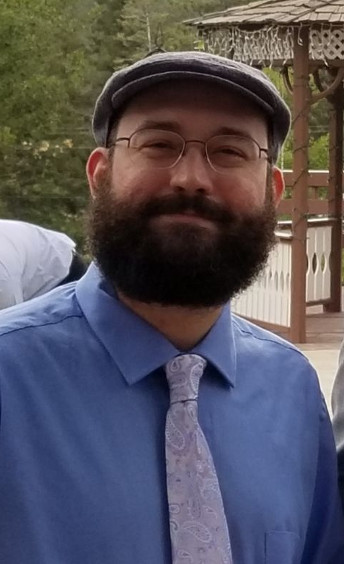I haven't talked about the questions surrounding the upcoming, non-Priest-and-Bright Quantum and Woody comic because there's so much we don't know and I didn't want to jump the gun.
Today, for the first time, we got word from Mark Bright that the situation with Valiant is "amicable":
As far as I know Priest hasn’t spoken to anyone about anything concerning Quantum and Woody other than myself and that happened only within the last month or so… Our position with Valiant isn’t adversarial. The people at Valiant have been more than willing to talk about what is happening at the company and with Quantum and Woody and with Priest and me. What happens from here is yet to be seen, but everything thus far has been amicable.
Pretty vague, but it gives me hope.
Let me back up. (Ooh, out-of-sequence storytelling. Just like...Quantum and Woody!)
Quantum and Woody was a comic book in the mid-1990's, created by writer Christopher Priest and artist Mark Bright. It was a superhero buddy-cop comedy. It was funny as hell and became a cult hit; it remains one of my all-time favorite comic books.
Quantum and Woody was published by Acclaim, a video game company that was briefly in the comics business, having bought out a publisher called Valiant.
Priest and Bright's contract contained a reversion clause -- if the book went out of print, they had the opportunity to buy the rights.
But Acclaim went bankrupt. Its assets were auctioned off. Somebody bought the rights to its superhero line, and eventually a couple of Valiant fans bought the company name and those rights.
Now, I've done a bit of reading on bankruptcy law. And yes, it is possible for somebody to buy up copyrights without buying into the contracts associated with them. This is, legally, a breach of contract -- but the company liable for the breach is the bankrupt company, not the buyer.
Which, I'm not gonna lie, seems pretty goddamn stupid from where I'm sitting. What the fuck good is it to make a bankrupt company liable for anything? It's not like they're ever going to pay any damages.
Anyhow, the new Valiant doesn't appear to have done anything legally wrong. Indeed, they appear to be treating the old Valiant/Acclaim creators better than they're legally obligated to -- the article I linked above suggests that they are paying royalties for the back issues they've put up on Comixology, and while it doesn't cite a source, I think that would go a long way to explaining why things are "amicable" with Priest and Bright -- and Kevin Maguire, who had some harsh words for Valiant back in March but who has since smoothed things over with them.
So what happened, anyway?
Kevin Maguire claimed, back in a series of posts on Bleeding Cool in March, that Priest and Bright attempted to trigger their reversion rights before Acclaim's bankruptcy but that Acclaim stonewalled them on a technicality.
Rich Johnston, on the other hand, has uncovered a 2005 interview where Priest says he and Bright never acted on reversion because they were busy with other projects.
Now, it could be that Priest was being diplomatic and keeping things close to the vest -- that would be consistent with his silence on the matter these last few months.
Or it could be that Maguire is mistaken and Priest and Bright didn't attempt reversion.
The answers aren't clear, and probably never will be.
But it's good to hear that things are amicable, and it sounds like Valiant is in touch with Priest and Bright and is making an effort to do the right thing. That's great news.
What would be better would be to read some actual new material by Priest and Bright -- Quantum and Woody or anything else. Fingers crossed.
Meanwhile: IGN is running Quantum and Woody Weekly, by James Asmus and Ty Templeton, to promote the upcoming series. And I have to admit, the first one made me smile.
It's not Priest and Bright. But it's not bad.
